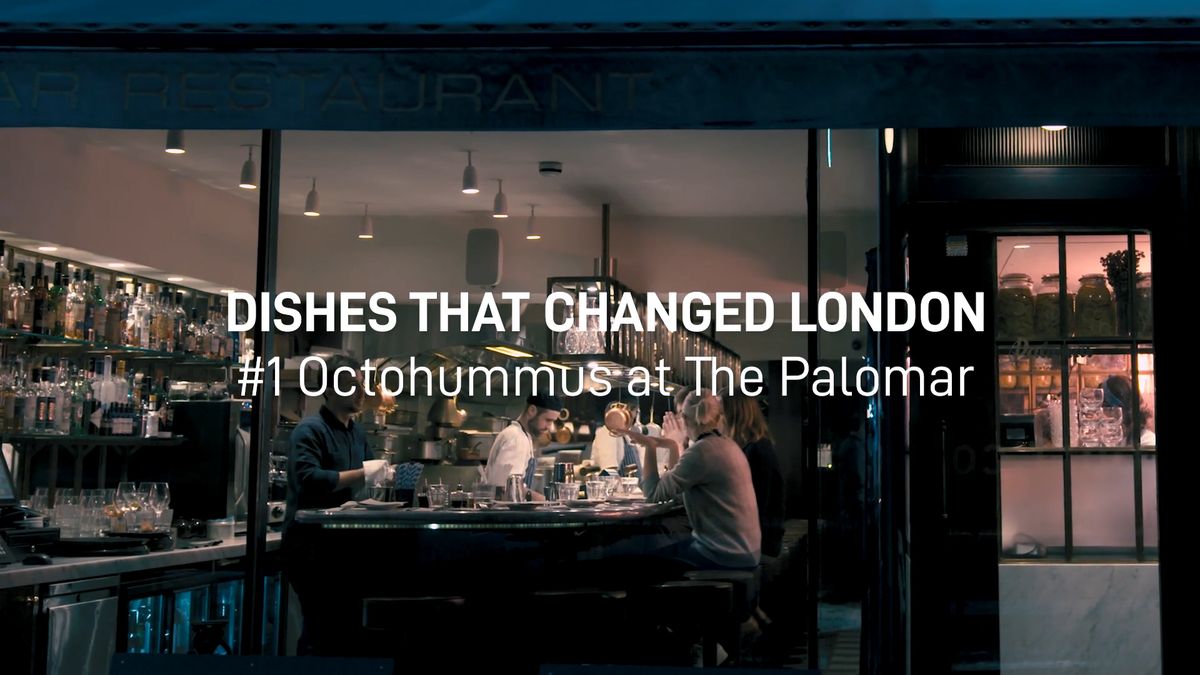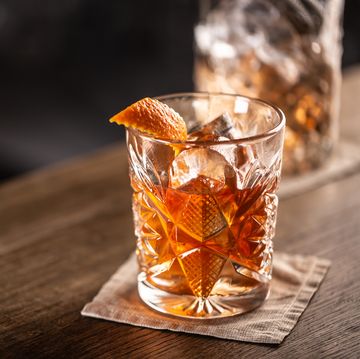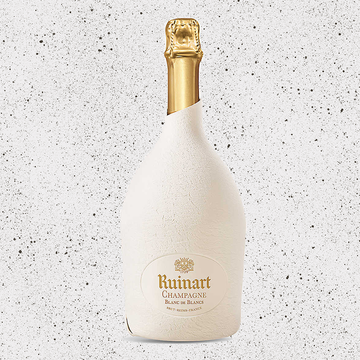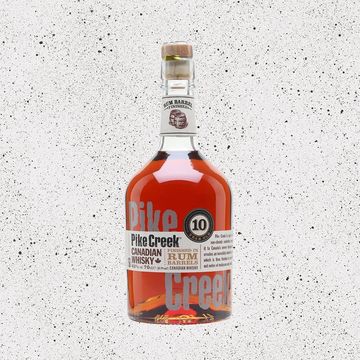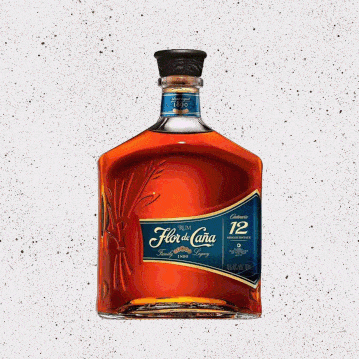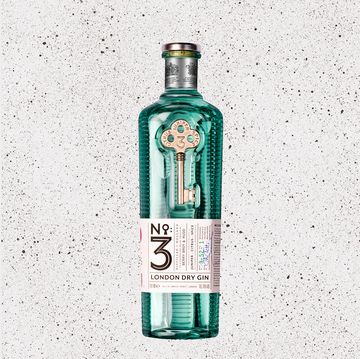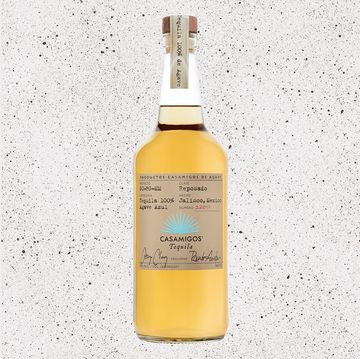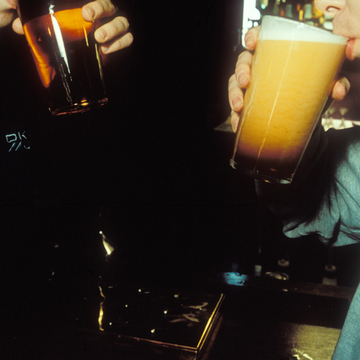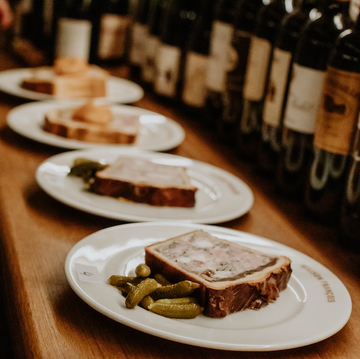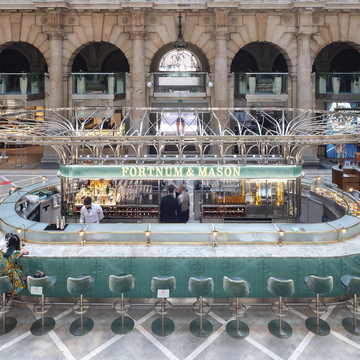Preservatives are hardly something to celebrate, but one preservative might totally reverse their reputation for good by victoriously killing cancer cells.
According to a new study by the University of Michigan, nisin—a peptide born from the bacteria Lactococcus lactis found in dairy products like cheddar, Brie, and Camembert cheeses and some processed meats—dramatically reduced tumors in mice. Published in the Journal of Applied Microbiology, the researchers' findings say that the preservative killed between 70 and 80 percent of cancer cells in nine weeks after the mice were given what the study calls "nisin milkshakes." (This sounds oddly similar to Soylent, which recently sparked a strange, powdered meal movement.) This means the mice were fed highly purified and concentrated version of nisin that equates to about 20 times more than that typically occurs in food. This doubles its effectiveness but also means that a human-size dosage would be like taking 20 to 30 Advil-sized tablets.
Nonetheless, researchers say that nisin "delivers a one-two punch to two of medicine's most lethal maladies: cancer and deadly, antibiotic-resistant bacteria." So not only does it attack cancer cells but also eradicates the pesky, antibiotic-resistant bacteria that raise health safety concerns, including life-threatening MRSA infections. What's more, there are no known bacteria that are resistant to nisin.
Here's why the preservative is so effective: Nisin binds to a static area of bacteria, giving it the opportunity to start working before the bacteria can pump up its defense and morph into an antibiotic-resistant superbug. Additionally, nisin kills colonies of bacteria that would otherwise group together and form a fortress that thwarts antibiotics.
But before you start eating cheese by the wheel or seeking out concentrated nisin tablets, it's important to note that these findings are still extremely preliminary. "While promising, the results are small and in mice only, so it's too early to say if nisin will act the same way in humans," said Dr. Yvonne Kapila, professor at the university's school of dentistry. However, Kapila's lab intends to take these tests to clinical trials, which could indicate that we are getting closer to a natural and readily available way to fight both cancer and dangerous bacterial infections.
Here's why the preservative is so effective: Nisin binds to a static area of bacteria, giving it the opportunity to start working before the bacteria can pump up its defense and morph into an antibiotic-resistant superbug. Additionally, nisin kills colonies of bacteria that would otherwise group together and form a fortress that thwarts antibiotics.
But before you start eating cheese by the wheel or seeking out concentrated nisin tablets, it's important to note that these findings are still extremely preliminary. "While promising, the results are small and in mice only, so it's too early to say if nisin will act the same way in humans," said Dr. Yvonne Kapila, professor at the university's school of dentistry. However, Kapila's lab intends to take these tests to clinical trials, which could indicate that we are getting closer to a natural and readily available way to fight both cancer and dangerous bacterial infections.

